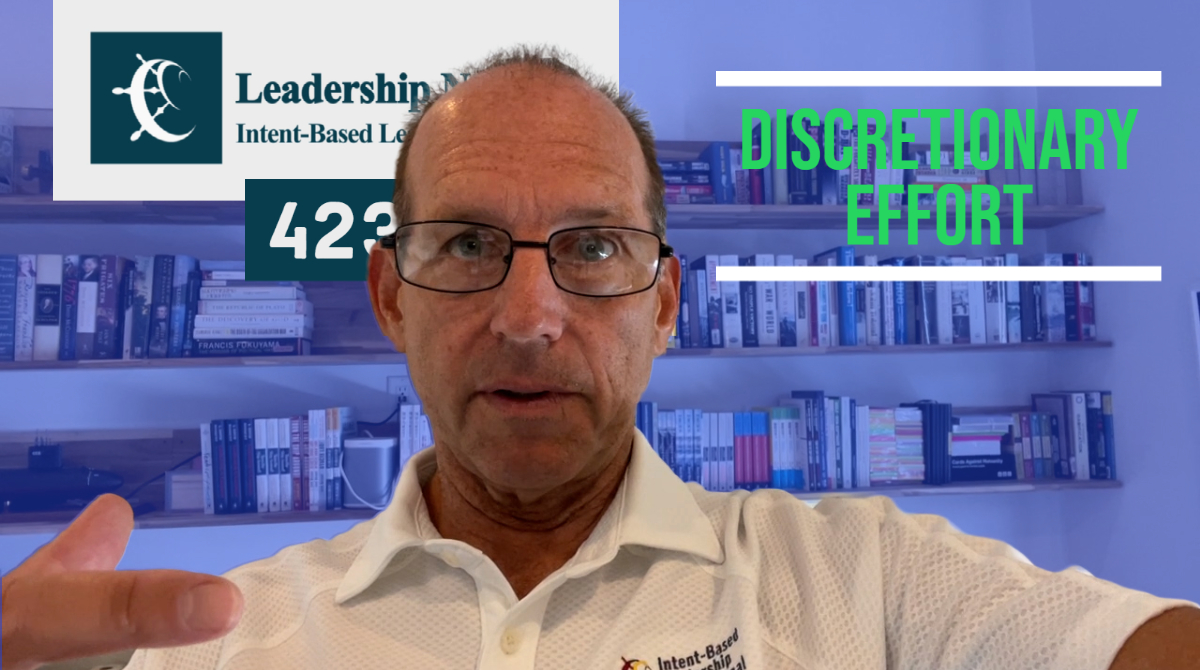Today, we are going to talk about trust.
Trust means trust. Trust isn’t a combination of trust and confidence, as a single idea.
Let’s use the following example:
Let’s say you are driving me to the airport and we get to a stop sign and you turn left, (when I really think we should turn right).
Do I trust you?
Well, it depends. If I think you are trying to get me to the airport, then yes, I trust you. I trust that you are trying to get me to the airport.
That doesn’t necessarily mean you can get me to the airport. That’s an issue of reading the local traffic and the maps. That’s an issue of competence.
Now, there’s a reason it’s important to break out trust from confidence.
We want to have the ability, in our organization, to have conversations about – ‘should we be turning left or right?’ – without bringing in the baggage of – ‘Oh, don’t you trust me?’
That’s why we break these two things apart.
Trust means that you and I have the same end state. I think you are trying to get me to the airport.
We call this ‘ability’.
So, here’s my nudge to you this week:
When you want to show confidence in one of your people’s ability to make a decision, don’t say “I trust you to make this decision.”
Say, “I’m confident that you have the ability to make the decision.” That means that you trust that you are trying to do the right thing and you have the skills, knowledge and technical competence to make the decision.
Let me know how it goes.
